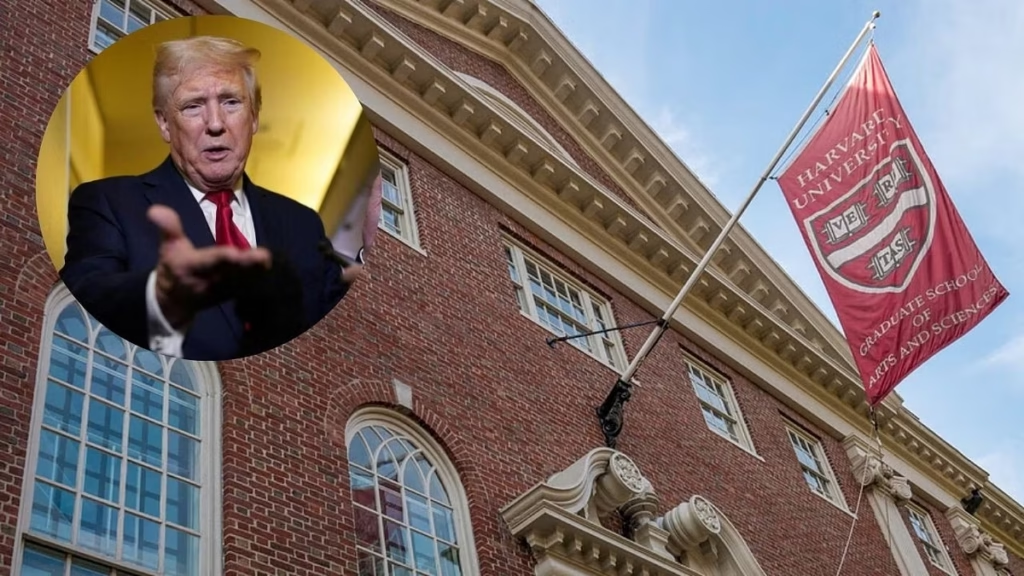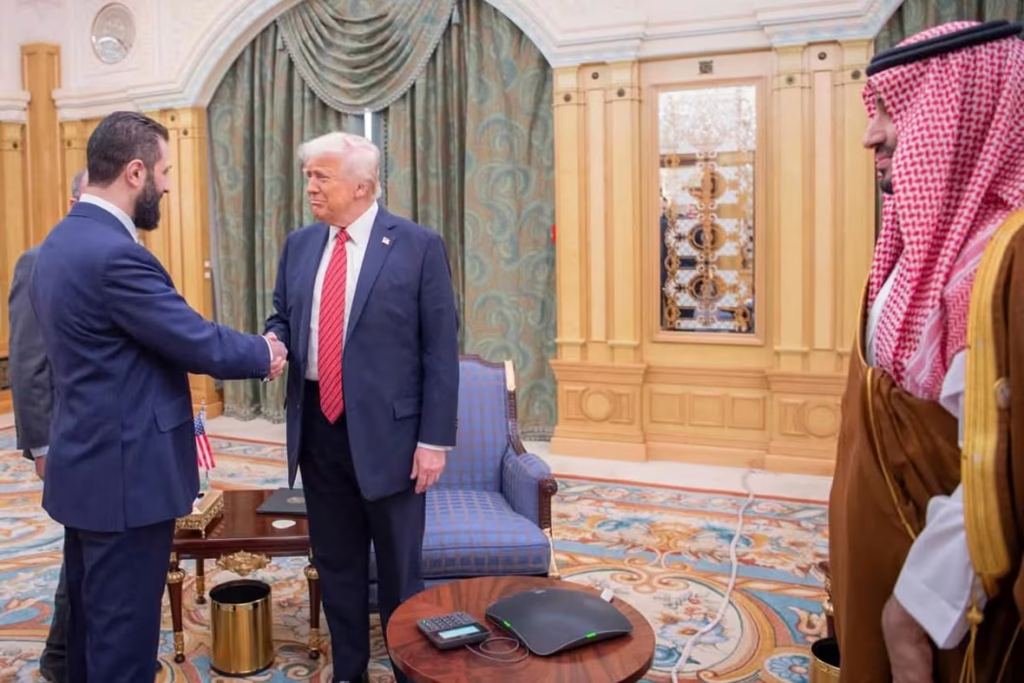In a significant move stirring the higher education and immigration sectors, the Trump administration has imposed new restrictions that prevent Harvard University from admitting foreign students under current policies. This decision has sparked widespread debate regarding the future of international education in the United States and the broader implications for global academic collaboration.
Background of the Policy
The Trump administration’s new policy targets foreign students applying to top-tier universities like Harvard, restricting the number of international admissions. Officials argue that this measure aims to prioritize American students and protect domestic job markets. However, critics contend that this move undermines the foundational values of academic openness and diversity that institutions like Harvard have championed for centuries.
Immediate Effects on Harvard University
Harvard, renowned for its global student body and diverse academic community, faces a critical challenge as the policy could drastically reduce its international enrollment. Foreign students contribute not only academically but also culturally and economically, supporting campus innovation and fostering international networks. With these restrictions in place, Harvard’s ability to attract global talent may be significantly impaired.
Broader Implications for Higher Education
This restriction is likely to ripple across other elite institutions with large international student populations. Universities nationwide rely heavily on foreign students who contribute tuition revenue, research capabilities, and international perspectives. Limiting access may affect the quality of education and research output, with long-term consequences for America’s standing in global academia.
Responses from Educational and Political Leaders
University officials and education advocates have expressed deep concerns over the policy, warning of diminished competitiveness for American universities on the world stage. Many call for reconsideration, emphasizing that international students enrich campuses, drive innovation, and prepare all students for a globalized economy.
Conclusion
The Trump administration’s decision to block Harvard University from admitting foreign students marks a pivotal moment in U.S. higher education policy. While intended to protect domestic interests, this approach raises questions about America’s commitment to academic leadership and global collaboration. As the debate continues, all eyes will be on how Harvard and other institutions adapt to these changes and advocate for the future of international education.


